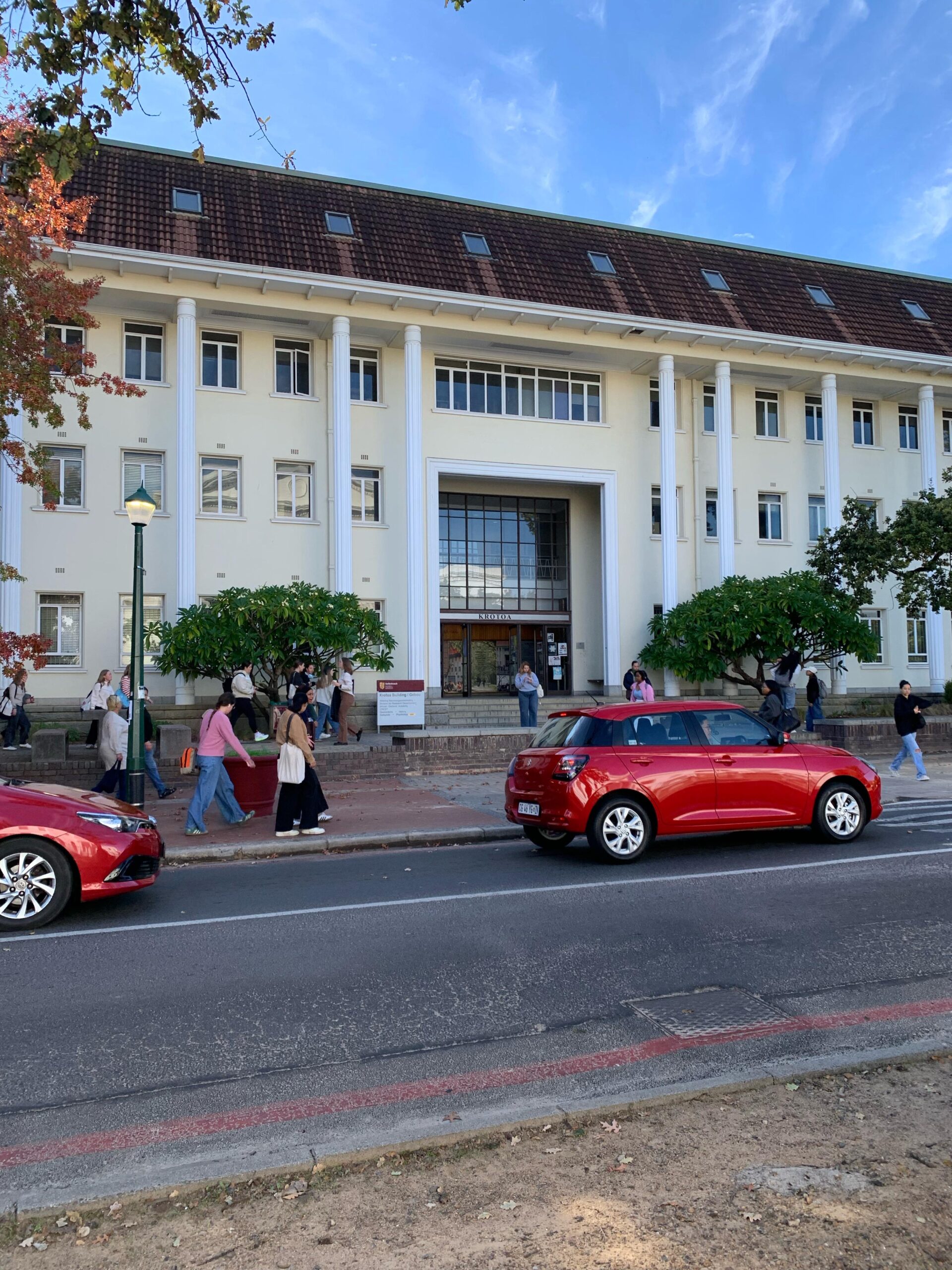NICHOLAS CARROLL
Tuesday 22 September saw, amid celebrations in the public gallery, Zondo ACJ deliver theConstitutional Court’s unanimous judgment partially con rming a 2017 decision of the Western Cape High Court concerning the use, possession and cultivation of cannabis. The resulting legal situation a ords an adult the ability, in private, to use, possess and cultivate, for their own consumption, cannabis.
In March last year (2017) the High Court passed judgement nding certain legislative provisions to infringe on an adult’s right to privacy. Before this could hold any legal force, as it concerned an order of constitutional invalidity, it went to the Constitutional Court for confirmation.
The Constitutional Court said it was “required to satisfy itself whether the High Court was correct in declaring invalid the statutory provisions that it declared invalid”. The Constitutional Court agreed with the reasoning of the High Court and stated that “the right to privacy entitles an adult person to use or cultivate or possess cannabis in private for his or her personal consumption”.
The Court found that the state failed “to show that the [legislative] limitation [on privacy] is reasonable and justi able in an open and democratic society based on human dignity, equality and freedom”.
The High Court order was both appealed and cross appealed during confirmation proceedings. The latter arose as the order concerned the invalidity of the provisions only in so far as they related to an adult in a “private dwelling”.
It was argued that a person’s privacy extends beyond this. The Constitutional Court upheld the argument, therefore only partially con rming the High Court order. In his judgment, Zondo ACJ held that “it can legitimately be said that the right to privacy is a right to be left alone” and thus there are places “other than a person’s home or a private dwelling where the prohibition of the use or possession or cultivation of cannabis would be inconsistent with the right to privacy”.
Clarity on the point of what constitutes a place suitably private for the use and cultivation of cannabis was not forthcoming from the Court. Zondo ACJ merely stipulated that a place is private “if that place can be said to be a private place”. On this, Prof Slade of Stellenbosch
University’s Department of Public Law pointed out that “various places, other than private dwellings, enjoy rights to privacy such as that against being arbitrarily searched”. It is these places for which the argument could be made that they constitute a private place as envisaged by the Court.
Prof Slade emphasised, however, that depending on the nature of the speci c place (hotel room, boarding facility, etc.), the individual policies of these places would still apply in regulating the use, possession and cultivation of cannabis within their ambit.The Constitutional Court did not prescribe a limit on the amount of cannabis an adult may possess for personal consumption, the bench stating that it was leaving “the determination of [that] amount to Parliament”. Zondo ACJ concluded therefore that “the use or possession of cannabis in private or cultivation of cannabis in a private place for personal consumption in private is no longer a criminal offence”.
Photo: The Citizen



